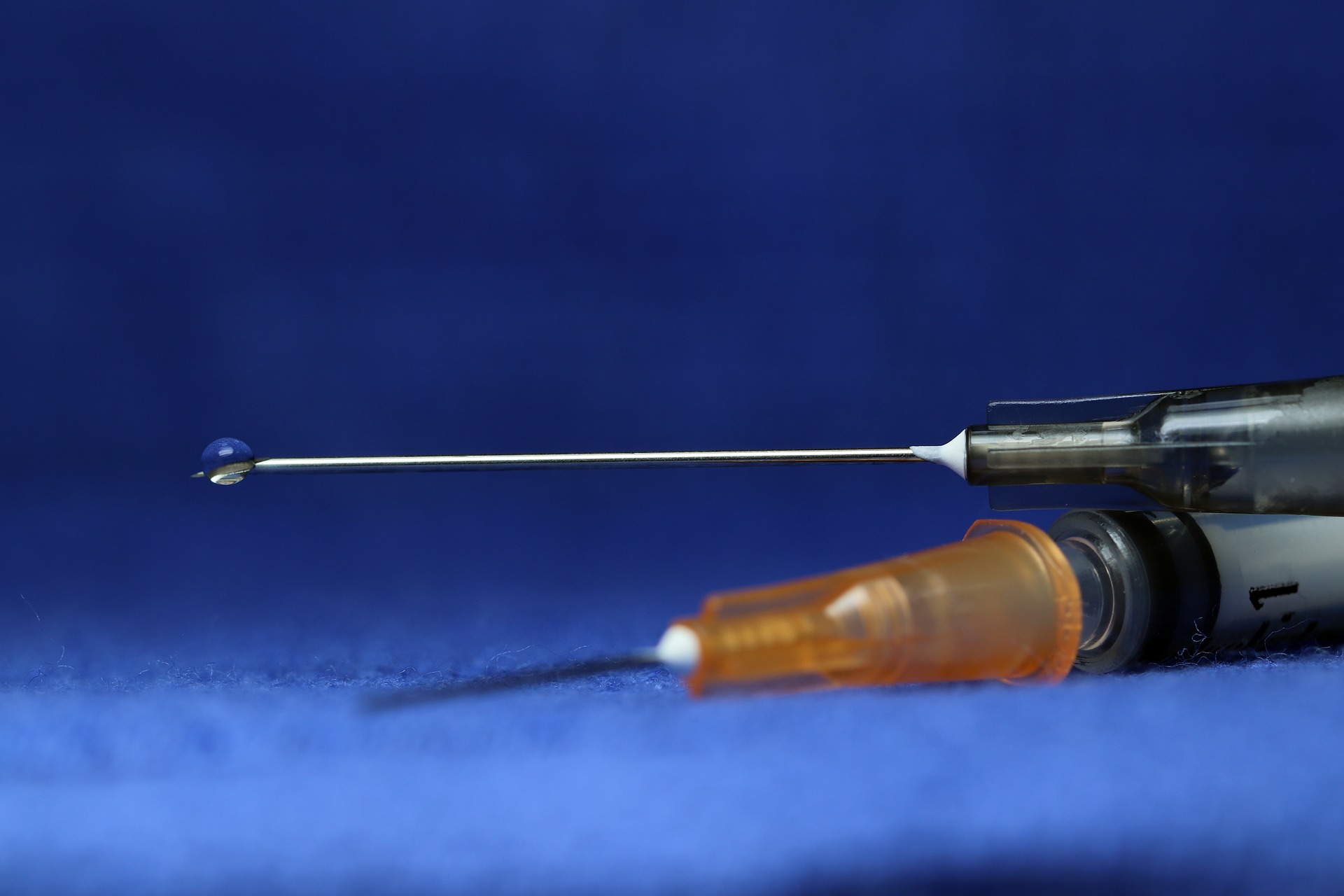Expert Reaction
These comments have been collated by the Science Media Centre to provide a variety of expert perspectives on this issue. Feel free to use these quotes in your stories. Views expressed are the personal opinions of the experts named. They do not represent the views of the SMC or any other organisation unless specifically stated.
These stories highlight the importance of correct storage of vaccines, many of which are quite fragile.
Not only is it important to monitor their expiry date and discard them once this is passed, but it is also imortant to recognise that vaccines can be easily damaged and may lose effectiveness even before their expiry date if stored inappropriately.
In many cases, vaccines will lose activity if they either become too cold and freeze or if they are exposed to high temperatures, even for short periods of time. A common problems is freezing if vaccines are put too close to the back of a fridge near the freezing plate.
Much of my team’s research is into development of alternative heat stable vaccines that have a longer shelf-life and are much more resistant to temperature fluctuations. Development of heat stable vaccines is particularly important for vaccines for use in developing countries where refrigeration is less reliable, but as these stories show problems of vaccine stability are not just restricted to poor countries but can occur anywhere.
Susan Vlack is a Senior Lecturer in the School of Public Health at the University of Queensland
Australia has a high level of scrutiny of vaccine management, with attention given to each step in the cold chain so that potent vaccines are delivered.
This is a rare event that health professionals will learn from. It is regrettable that so many people were potentially left with less-than-optimal protection from their vaccinations.
It does show the monitoring system is active in promoting high-quality delivery, and that more could be done to assist vaccinators to understand and meet the standards.
Re-administration of vaccines according to the guidelines which have been given entails no more risk than the previous dose of vaccine, and will provide good protection.
Dr Roger Lord is a senior lecturer (Medical Sciences) with the Faculty of Health Sciences at The Australian Catholic University and Visiting Research Fellow with The Prince Charles Hospital (Brisbane)
It would be inappropriate for me to guess what has happened locally… delivery of expired vaccines to patients indicates that expiry dates were not checked at the practice.
Given patients who were vaccinated with these compromised vaccines cannot all be located is further evidence of a break down ineffective record keeping.
Vaccines also require to be stored appropriately at 4°C so if this cold chain storage compromised so will the vaccine preparation.
Each state has its own regulations on how record keeping should be maintained and since I am familiar with Queensland Health I am uncertain what these requirements are for NSW.
Patients who received a compromised vaccine preparation should be concerned as they may be unprotected.
The role of vaccination is not only the protection of individuals but also the community.
The greater number of people immunised increases the immunity of the population which minimises the spread of infection.
Vaccination of a significant proportion of the population (around 90%, but this figure is rarely obtained) is known as “herd immunity” and the goal of state health departments.
Where a significant percentage of the population fails to be immunised effectively this increases the likeliness of the spread of infection.
Professor Robert Booy is an infectious diseases and vaccine expert with an honorary professorship at the University of Sydney and is a consultant to vaccine manufacturers.
It’s unfortunate that expired vaccines have been given, and that vaccination records and vaccine storage in fridges appears to have been compromised in one General Practice.
The MMR vaccine can be safely repeated, or a blood test can be done to check for immunity. Flu vaccines can also be safely repeated.
Professor Julie Leask is a social scientist specialising in immunisation in the School of Public Health, University of Sydney and Sydney Institute for Infectious Diseases. She co-leads the Social and Behavioural Insights in Immunisation research group.
It is vital that vaccines are delivered to patients in a way that is safe and effective. The public puts enormous trust in vaccination. Safe and effective vaccinations rely on GPs and other professionals to store and administer vaccines appropriately, including using the right refrigerator, checking of expiry dates and good record keeping, using the Australian Immunisation Register.
The main issue with inappropriately stored vaccines is that the vaccine can lose effectiveness. In many practices a registered nurse supports these functions but in some it’s just the GP.
Immunisation is an increasingly complex program that requires sufficient program support. Primary health regional support organisations used to provide a much more intensive support function to individual practices but this is now much less hands-on in most Primary Health Networks.
This shows the ongoing need to provide intensive support to general practices in their immunisation functions.
Dr Mohammed Alsharifi is Head of Vaccine Research Group in the Department of Molecular and Biomedical Science, School of Biological Sciences at The University of Adelaide
Inappropriate storage conditions are likely to affect vaccine stability and consequently vaccine immunogenicity. This will lead to a reduced vaccine efficacy.



 Australia; NSW; QLD; SA
Australia; NSW; QLD; SA


